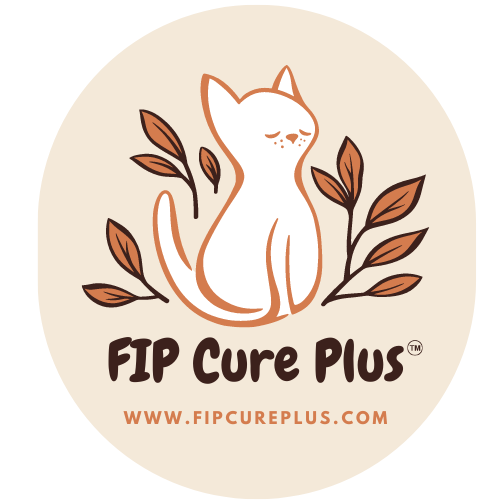Exploring Natural Remedies for FIP: Healing Your Feline Friend Naturally
Share
If there's one thing all pet owners can agree on, it's the love and care we have for our furry companions. Our cats, in particular, hold a special place in our hearts with their playful antics and comforting purrs. However, when a beloved feline friend is diagnosed with Feline Infectious Peritonitis (FIP), it can be a devastating blow. The good news is that alongside conventional treatments, there are natural remedies that can complement the healing process and bring some relief to our whiskered pals.
Understanding FIP and its Challenges
Feline Infectious Peritonitis, commonly known as FIP, is a viral disease that affects cats worldwide. It is caused by a type of virus called feline coronavirus and can manifest in two forms: effusive (wet) FIP or non-effusive (dry) FIP. The symptoms of FIP are often vague and general, making it a challenging condition to diagnose accurately. This unpredictability and lack of definitive treatment options have led many pet owners to explore alternative and natural remedies to alleviate their cat's discomfort.
Embracing Natural Remedies
Known for its potent anti-inflammatory properties, turmeric can be beneficial in managing inflammation associated with FIP. Adding a pinch of turmeric to your cat's food or creating a turmeric paste can help support their immune system.
Omega-3 fatty acids are essential for maintaining overall health, including reducing inflammation. Consider adding fish oil or flaxseed oil to your cat's diet to support their immune response and promote healing.
This amino acid has been shown to inhibit the replication of the feline coronavirus, which can be beneficial in managing FIP symptoms. L-lysine supplements or treats are widely available for cats and can be an excellent addition to their daily routine.
Herbs like echinacea, astragalus, and licorice root are known for their immune-boosting properties and can help support your cat's body in fighting off infections. These herbs can be administered in tincture form or added to your cat's food.
CBD oil has gained popularity for its potential to reduce pain and inflammation. When choosing CBD products for your cat, ensure they are specifically formulated for pets and consult with your veterinarian regarding proper dosage.
The Importance of Veterinary Consultation
While natural remedies can be a valuable addition to your cat's treatment plan, it is crucial to consult with a veterinarian before introducing any new supplements or treatments. Veterinarians can provide tailored advice based on your cat's individual needs and medical history, ensuring the safest and most effective care.
In Conclusion
Watching a beloved feline companion battle FIP can be a distressing experience. By exploring natural remedies alongside conventional treatments, we can provide our furry friends with holistic support and potentially improve their quality of life. Remember, each cat is unique, so what works for one may not work for another. Patience, love, and expert guidance are key in navigating the challenging journey of managing Feline Infectious Peritonitis.
In our quest to heal our feline friends naturally, let's continue to explore and advocate for the well-being of our beloved cats.
Let's keep our whiskered buddies healthy and happy!
